Surf cultureThe Birth of The Endless Summer
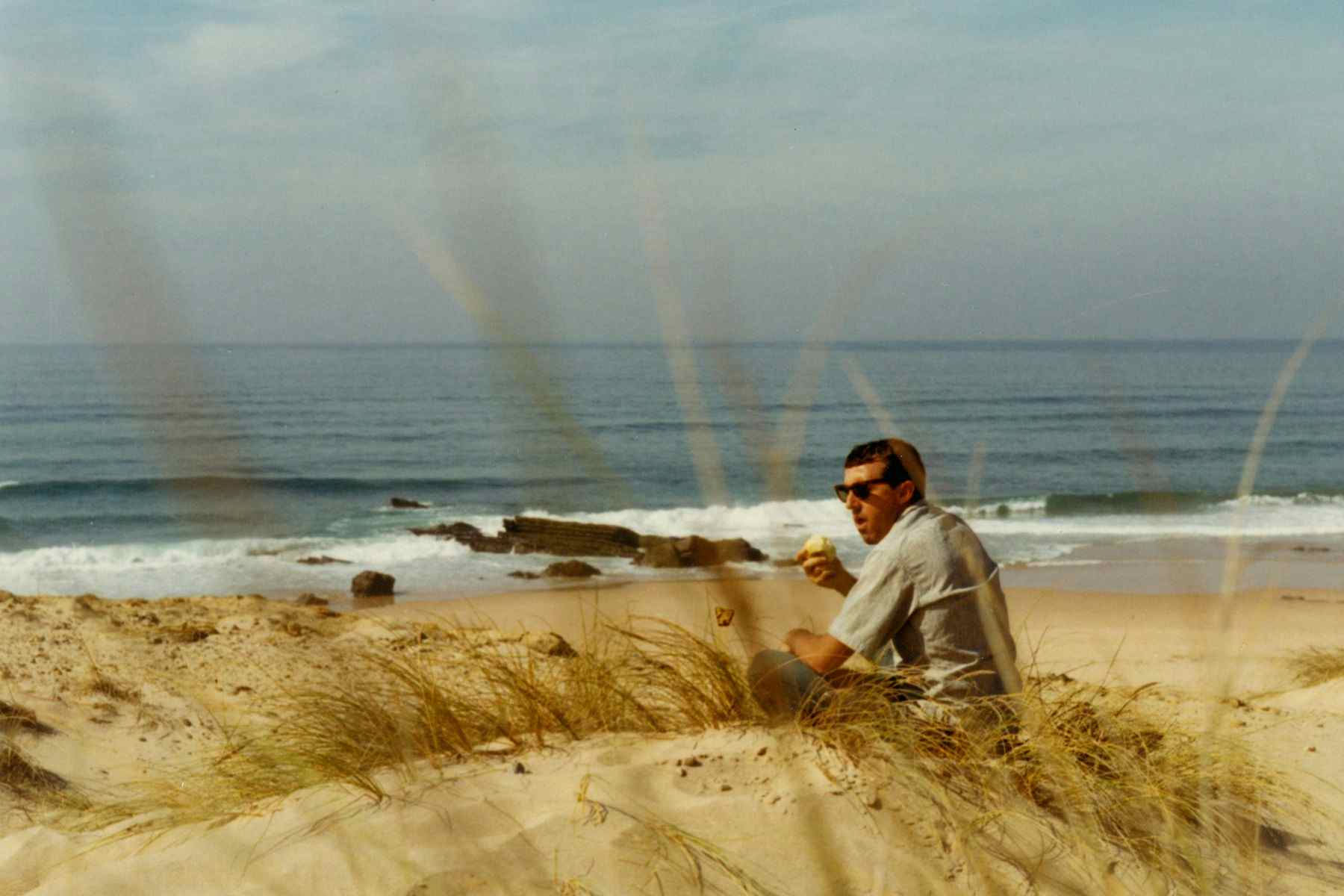
Characters and travel are as much cornerstones of surf culture as the waves themselves. They’re certainly a winning and time-honoured trifecta when it comes to surf stories, and atop that pile sits Bruce Brown’s 1966 film The Endless Summer. Whilst Brown is himself an iconic character in surfing, there are others who were also present or pivotal at the key moments that set the tone for surfing through the later half of the twentieth century, who are less well known. One of those, is Dick Metz; if The Endless Summer is a beacon, then Metz was the spark that lit it.
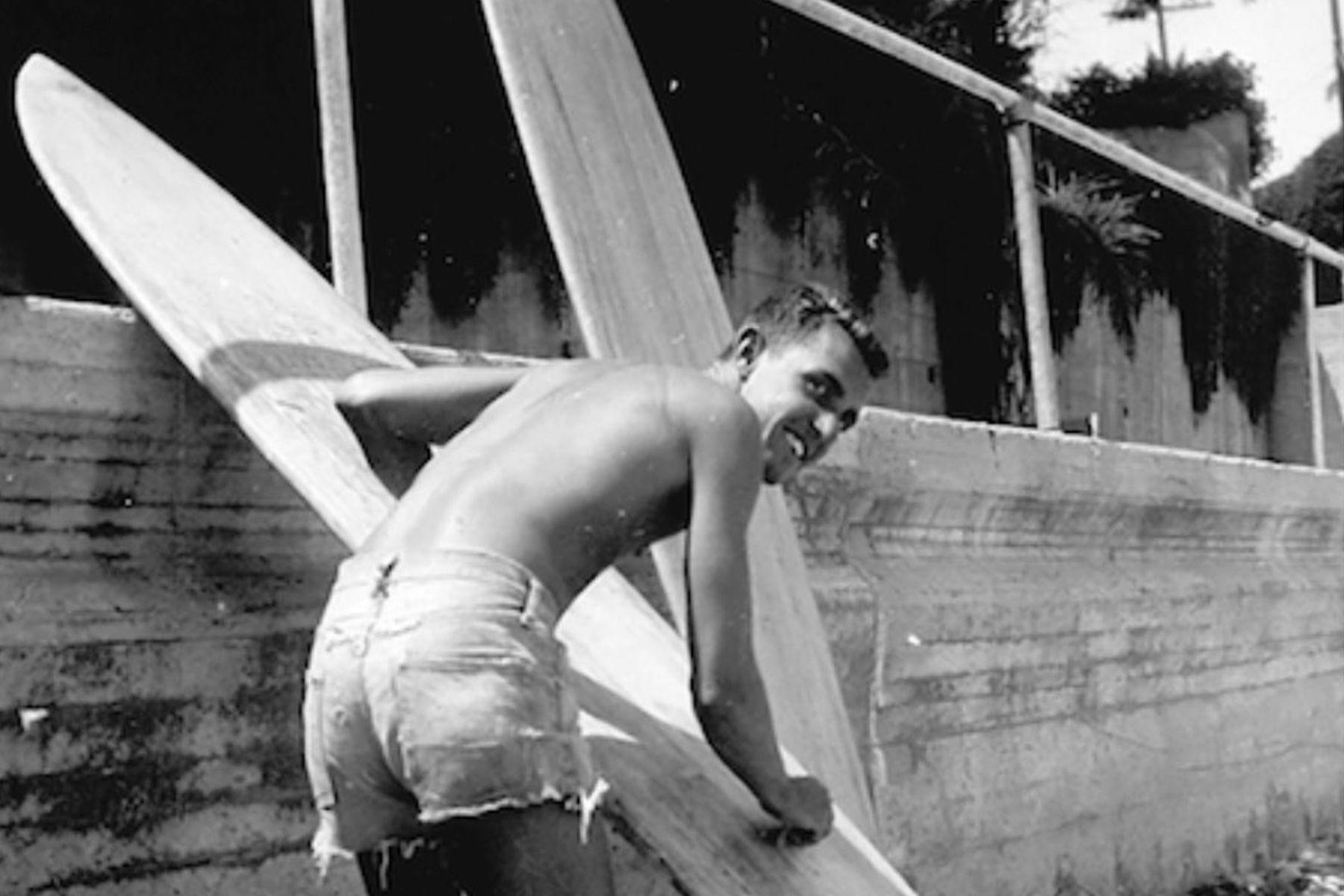
Metz, now 94, has one hell of a surfing story. Born and raised in Laguna Beach, his friendship circle included Hobie Alter and Reynolds Yater. In 1958 at the age of 29 he set off on a three year journey around the world, with the aim of visiting Papeete in Tahiti, surfing in Australia, seeing the tribes and wild animals of Africa, going to the 1960 Olympic Games in Rome, and running with the bulls in Pamplona, Spain. His journey, and in particular the South African leg of it and the friendships and discoveries that he made there, inspired and informed his friend Bruce Brown. By connecting his South African friend John Whitmore (who became known as “the father of South African surfing”) to California he had a hugely positive impact on the development of surfing there. In 1961 he moved to Hawaii to run the Hobie Surfboards shop in Honolulu – the first surf store in Hawaii – and went on to co-found Surfline Hawaii before opening Hobie retail outlets on both coasts of the mainland USA. In the early 2000s he co-founded the Surfing Heritage and Culture Center in San Clemente.
“Metz has changed the course of surf history. Now, his goal is to preserve it.”
SHACC
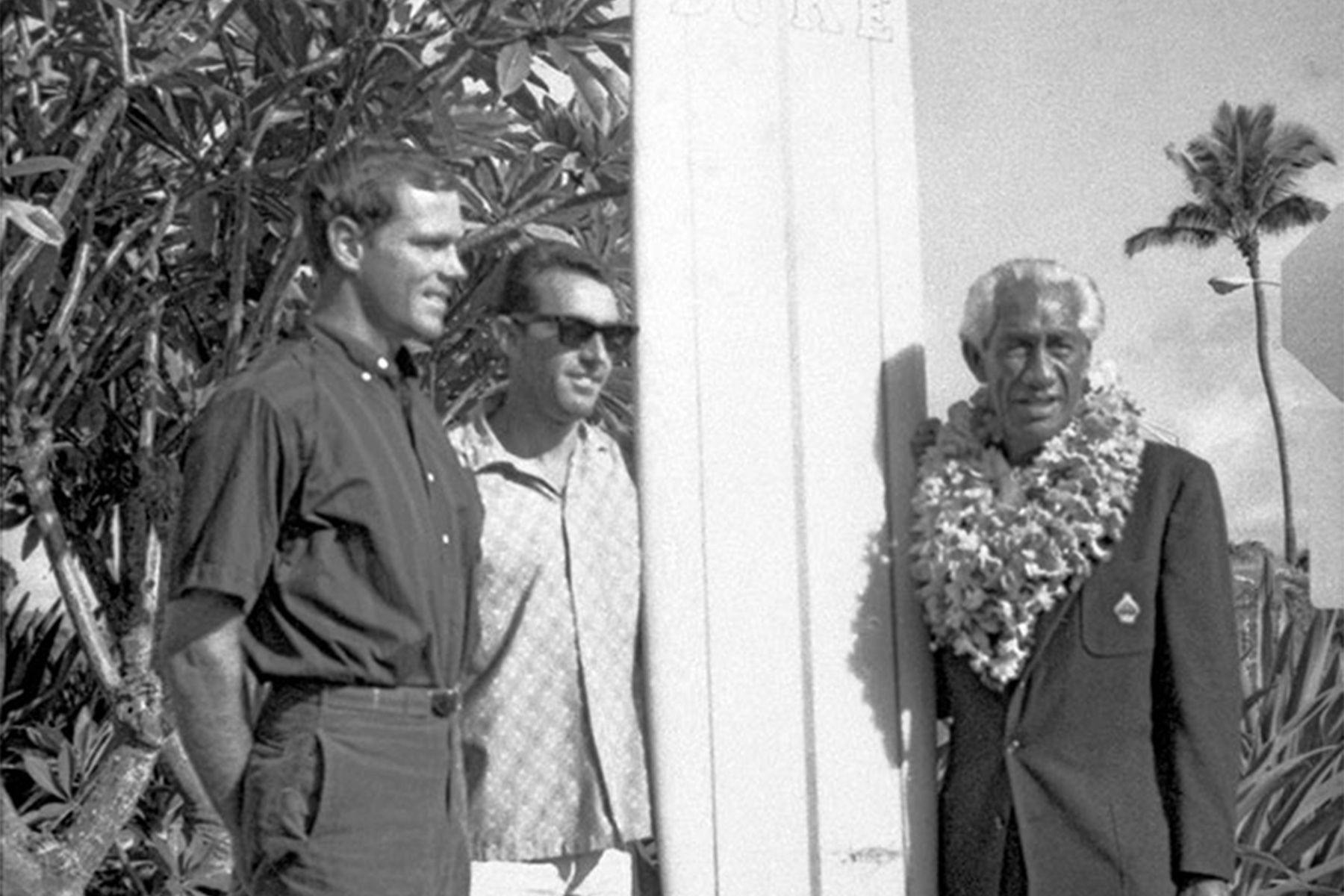
This summer Metz was inducted into the Surfing Walk of Fame in Huntingdon Beach, and a documentary film, ebook and audiobook celebrating his influence were released. "Birth of The Endless Summer: Discovery of Cape St. Francis" by director Richard Yelland details Metz’s discovery of the "perfect wave" in South Africa that led directly to one of the most famous scenes in surf cinema, and documents his return to South Africa at the age of 90 to retrace his original journey. The accompanying ebook, “Birth of the Endless Summer: A Surf Odyssey” was written by Jamie, Brisick (the only pro surfer to win a Fulbright Scholarship) explores the lasting impact of The Endless Summer and surfing’s central myth of “the perfect wave” through the stories of the surfers who it inspired.
“Waves are fleeting. We catch them, ride them, dance across them, then they disappear. But they don’t. They resonate, play back. They put bounce in our step. They shape us as people. The same could be said about travel. What are the long term effects of these surf odysseys? How do they change, enrich, enlarge one’s life? That was the question posed to some of the surfers in this book.”
Jamie Brisick
Surf Simply caught up with Jamie to get his take on surfing, travelling, Dick Metz, and The Endless Summer.
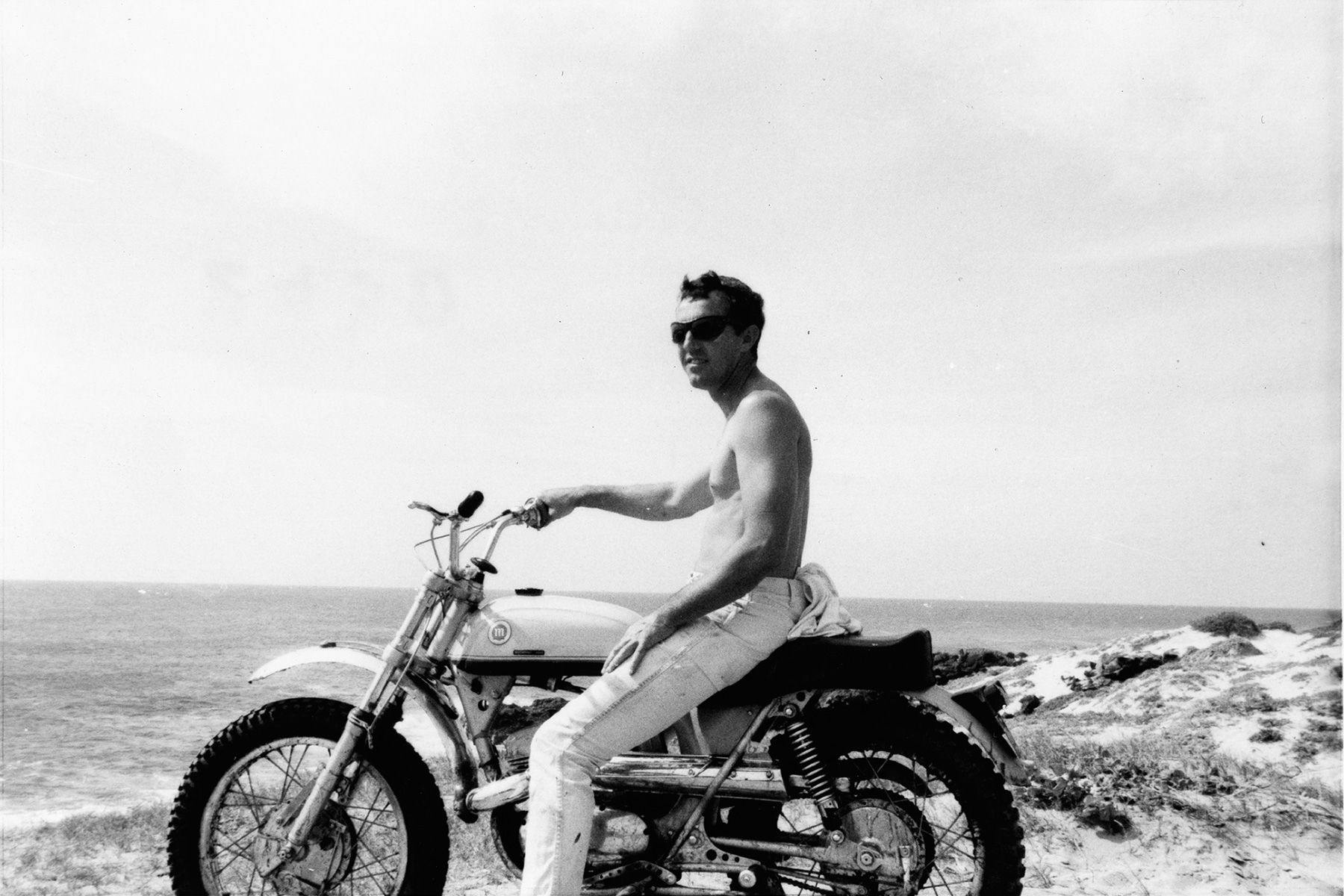
Metz’s journey was about much more than just surfing. Do you think surfing attracts curious travellers, or makes them? Or do we only focus on the part of surfing’s population who do set out in search of waves because they have more interesting stories?
I think it’s both. We surfers grow up with myths, and while the focus of our lust might be gliding along in the barrel of a perfect wave, the peripheral stuff is great fun, and more reliable than that perfect wave. There’s a lot of waiting around. Character gets built in the chase.
I think the storytelling part comes with age and experience. So you get a Dick Metz who was global wanderer, an explorer with a surfboard. But the contest folks also grow interesting with time. Character gets built chasing perfect surf in far flung locales, but also chasing world titles. One is more in the lineage of Magellan; the other Rocky Balboa.
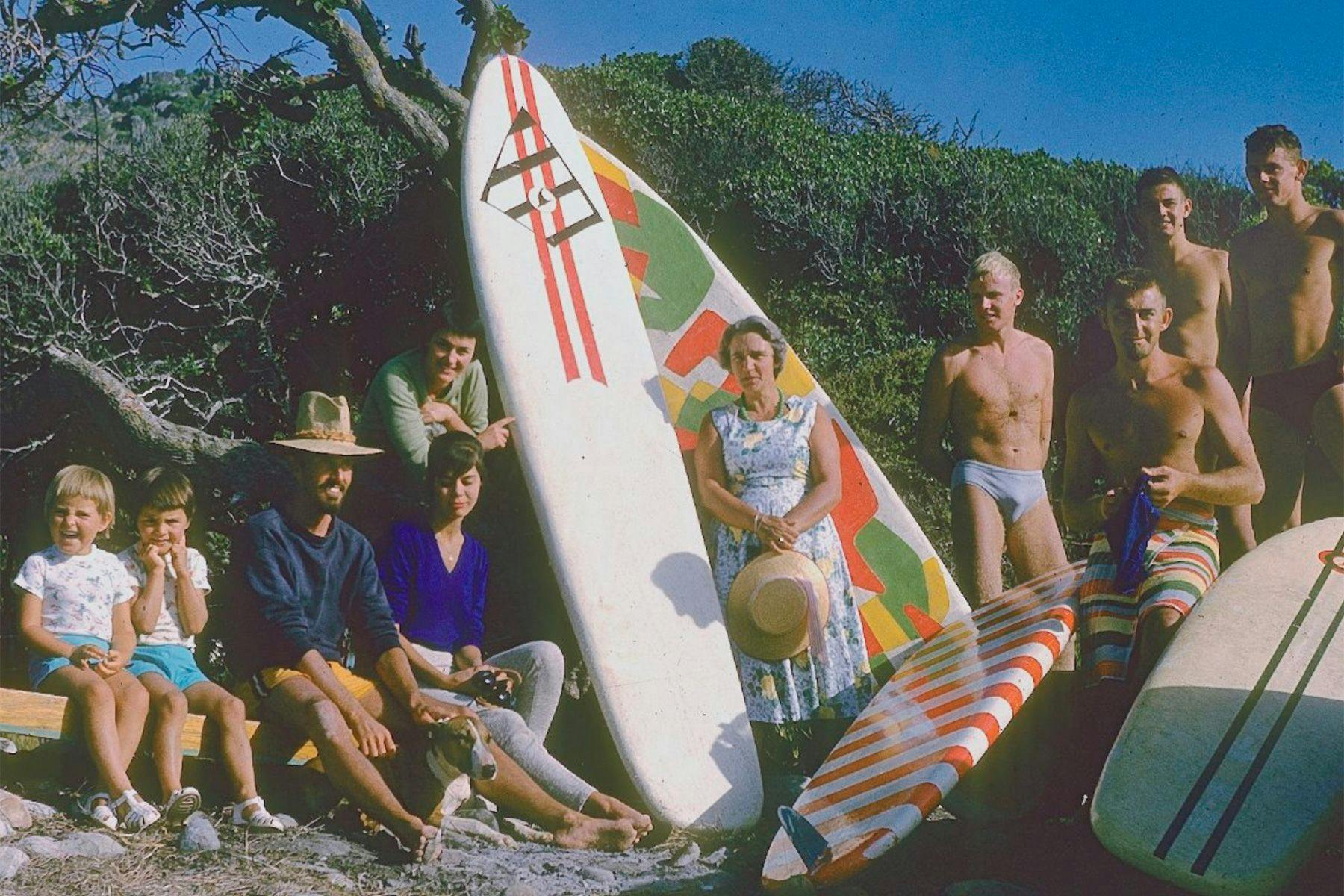
With the possible exception of the Californian surf scene, Dick Metz is a relatively unknown character, yet he has had a significant presence and influence on surfing throughout his lifetime. Where does he sit in surfing’s pantheon of cultural contributors?
Dick has been fairly unsung, but the more I came to know his story, the larger his contribution became. He’s done a great deal, albeit more quietly than others. I think he’s an important figure. He founded the Surfing Heritage And Culture Center, which is more behind the scenes/curatorial, but aimed at passing along the chants.
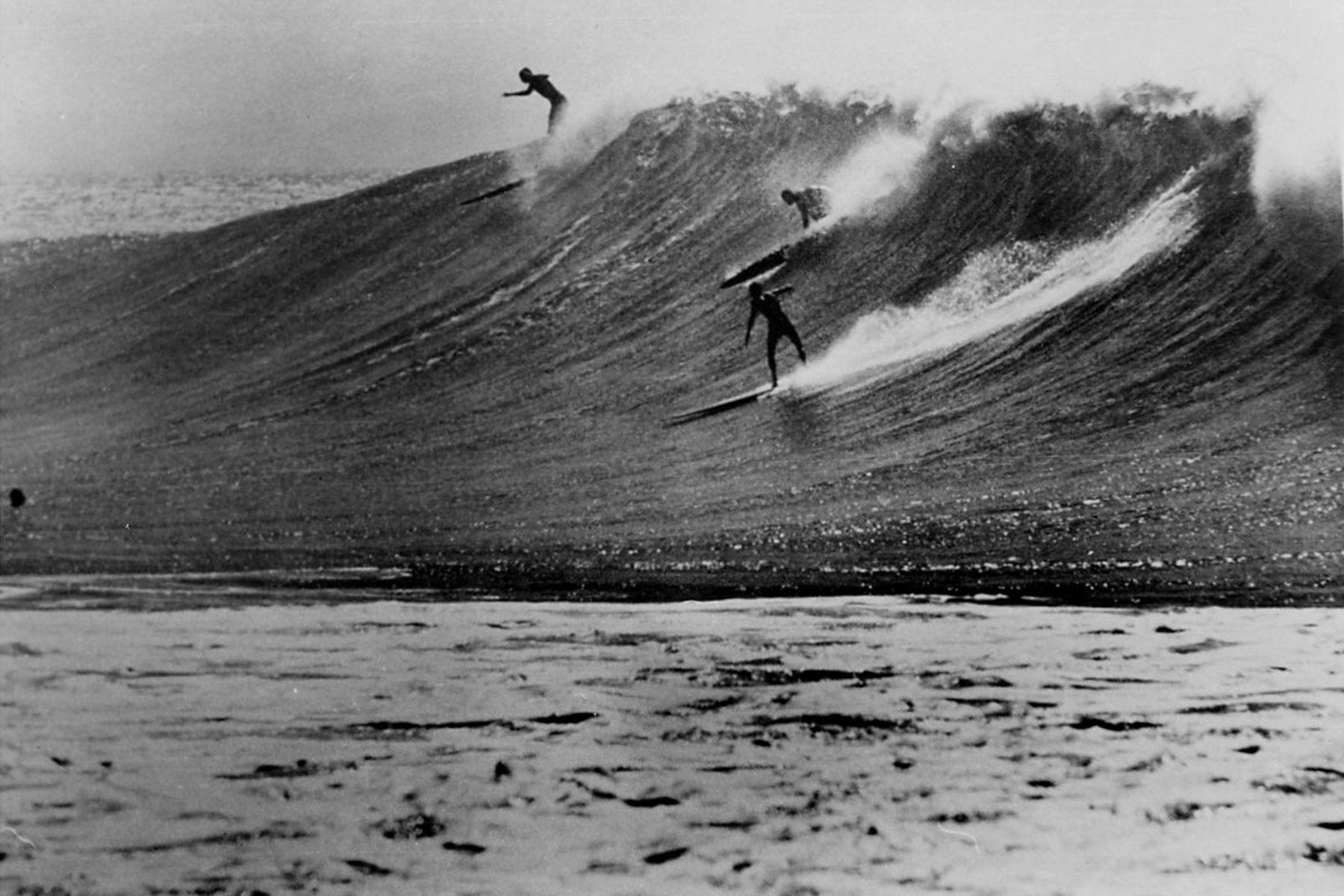
Do you think that his relative anonymity to the broader surfing populace is fair (versus, for instance, his friend Bruce Brown’s) and do you think he minds or is that not in his nature?
I don’t know Dick well enough to say. He comes across as light, playful, optimistic (i.e., the opposite of bitter), so my sense is he’s fine with all of it. Again, with the SHAAC he’s more about preserving and sharing surfing's history with the public, than promoting himself.
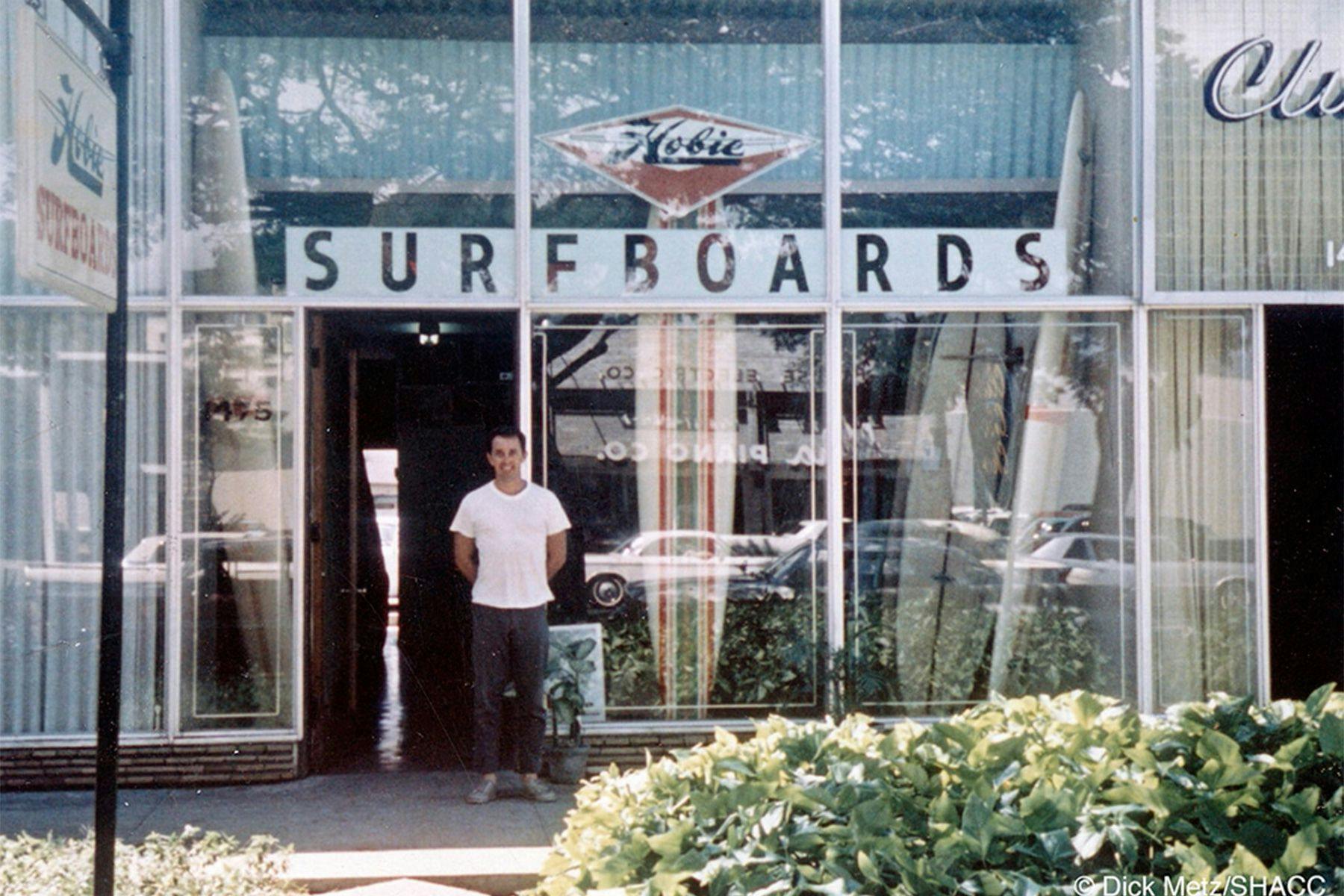
We often talk about Gidget and the beach blanket movie’s impact on the explosion in surfing’s popularity, but what do you think was The Endless Summer’s?
The Gidget and beach blanket movie’s allure was more campy, more cosplay. The Endless Summer's impact was real. And enduring. To my mind it laid down a blueprint for what it means to be a true surfer, and what a true surfer does. The pursuit of the perfect, undiscovered wave is surfing’s central myth. And even if you age out of that chase, if you’ve done it, it resonates. It sort of becomes you.
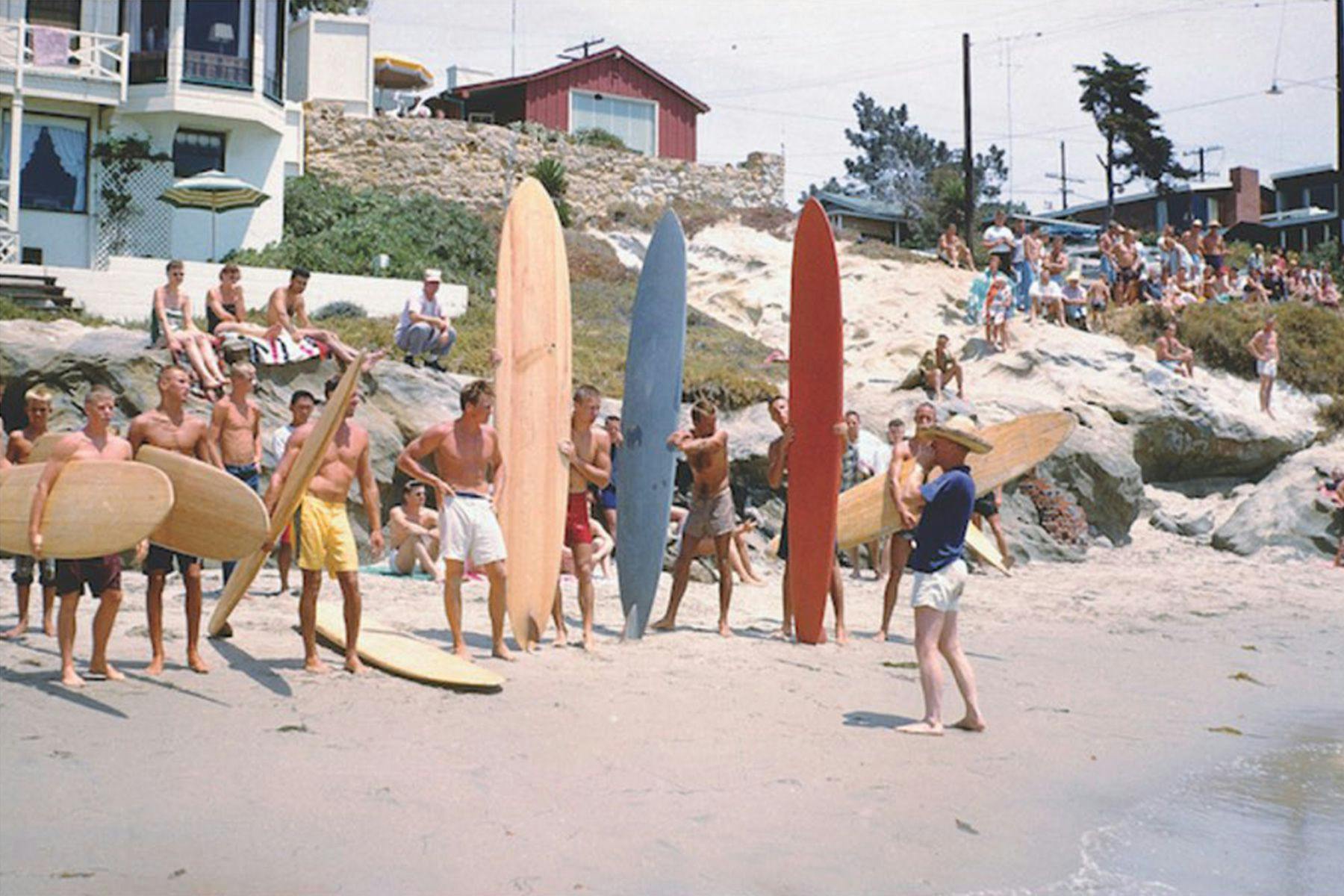
What do you think surfing and surf culture might look like if Bruce Brown had never made The Endless Summer?
I think someone would have done it. Maybe not as well or as wide-reaching as The Endless Summer, but the travelogue style of film is/was so prominent. It’s really just documentary, in the sense of ‘fly on the wall’ observation of the surfing life.
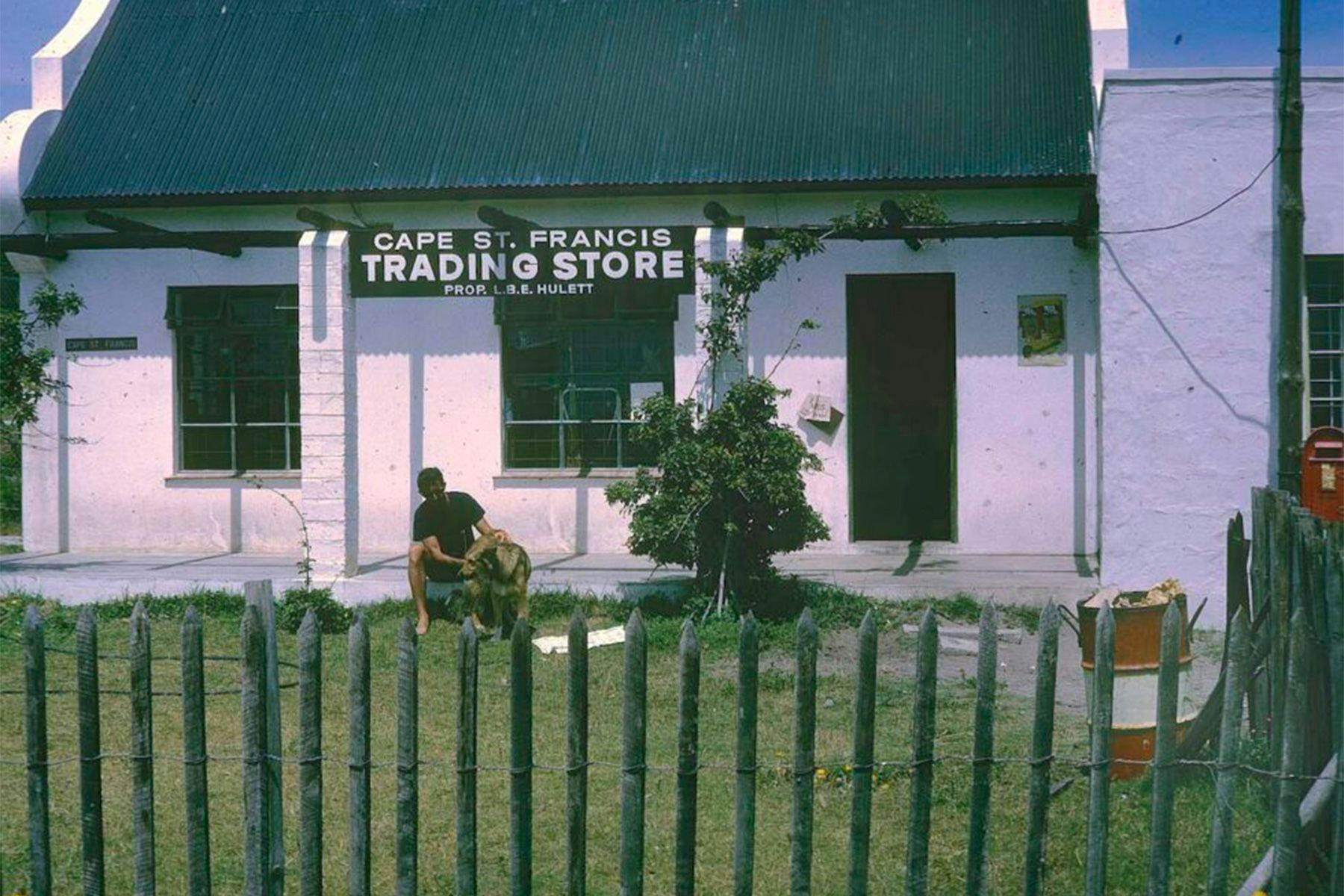
Surf travel and exploration has always been some of our best storytelling and has been highly marketable. But new surf spots are finite. Where does the search and the story go from here?
I wonder about this myself. For most of my life I thought that the best way to grow and evolve as a person, and the most stimulating way to live, was to travel - the more exotic and far-flung the better. In my mid-30s I moved to New York, which felt like an extension of all of it. No longer did I need to be bound to coastline, I could now live in a culturally-rich metropolitan city and mix with non-surfers. While there I was introduced to many different ways of living life. In such a cosmopolitan environment, with such a wide variety of people, the freshness and diversity that I revelled in as a surf traveler was all in one place.
So travel - it can be a metaphor, it can be applied to a 10-square mile piece of land and/or water.
I guess it’s just being resourceful amid a well-trodden, overly populated world.
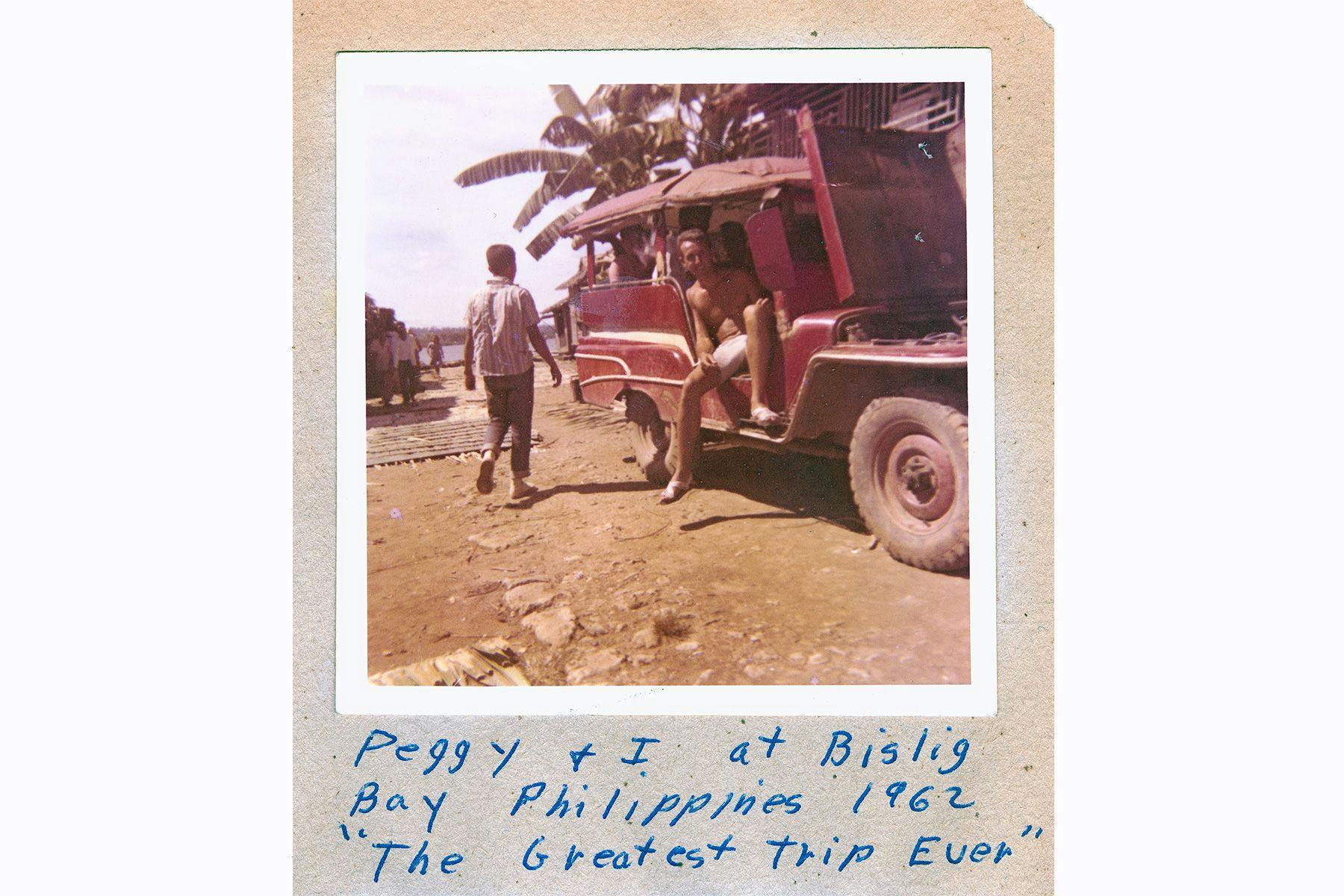
And who from the current crop of surfers and searchers do you think you could be adding a chapter on in the hypothetical revised 2033 reprint in a decade's time, and why?
Unquestionably Michael February. His explorations around Africa, with a strong interest in regional music as well as waves, is super inspiring. Likewise Torren Martyn. And Kepo Acero. I love seeing great surfers riding new breaks and engaging with cultures new to the surfer’s map of the world.
Some parts of Endless Summer haven’t aged well. How do you think surfing might be able to reconcile one of our most important cultural artefacts of the last 100 years with modern and correct societal expectations so that it can stand the rest of time?
With compassion. With the understanding that we’ve gotten smarter over the last fifty years. There are some major gaffes in The Endless Summer. But I don’t think Bruce Brown was a bad guy. And back then the world was not yet as globalize or www-bound as it is today. He may have been naive, but not ill-willed. His larger message is: Get out and see the world. In my experience that breeds empathy and curiosity.
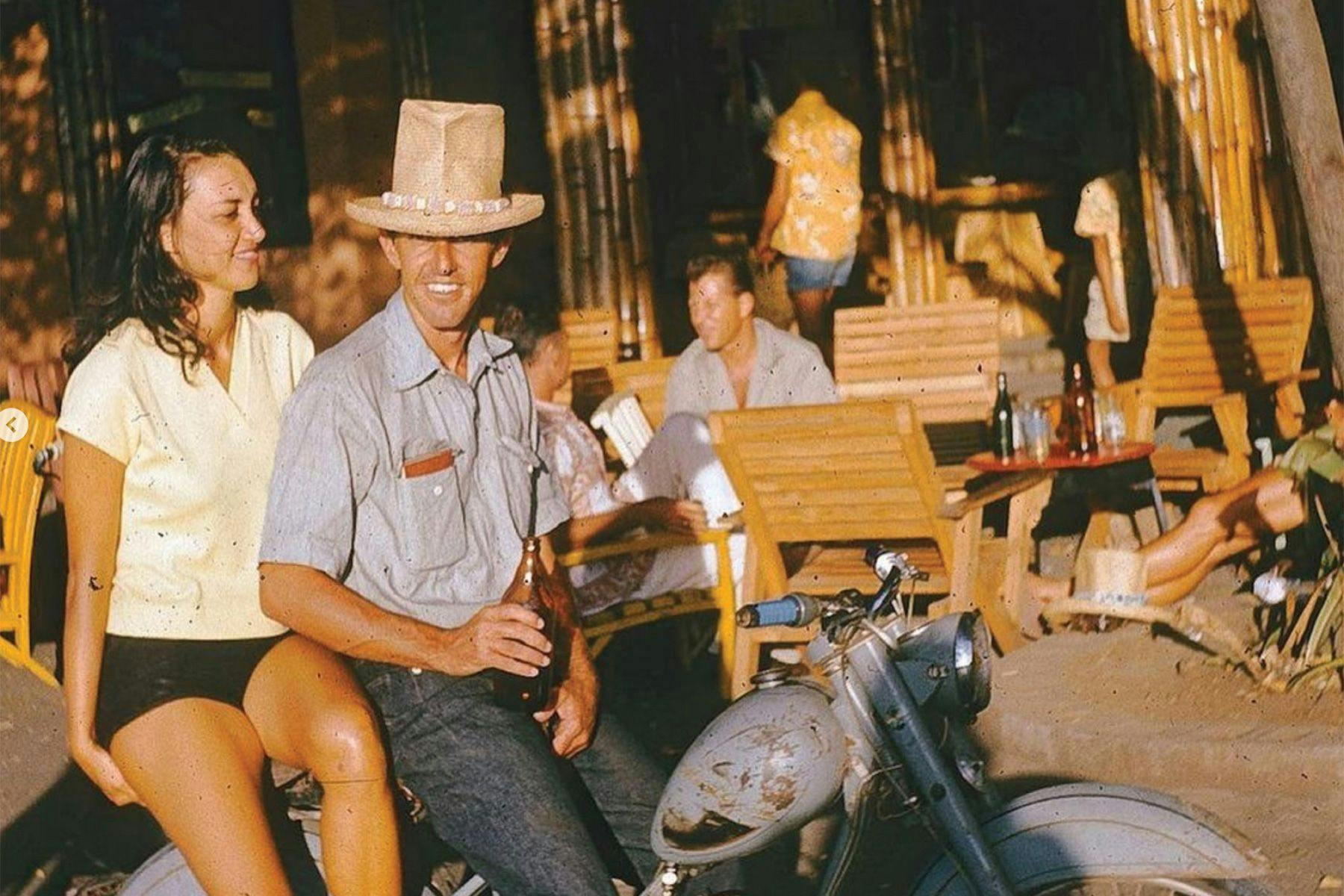
Birth of the Endless Summer is available in audio and eBook formats exclusively on Scribd